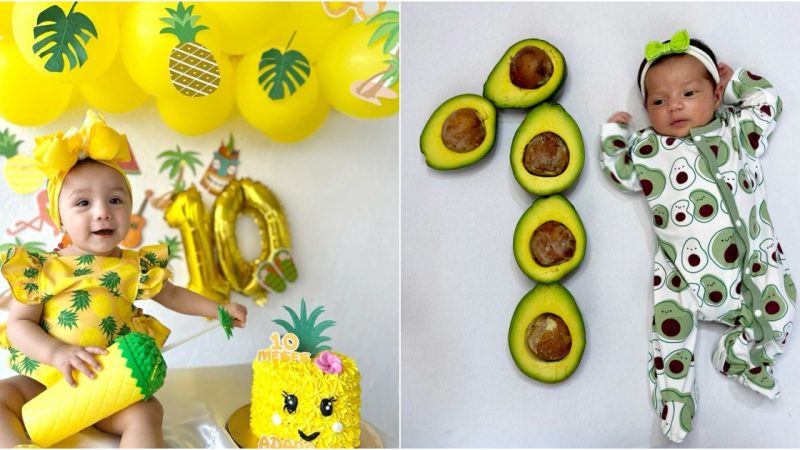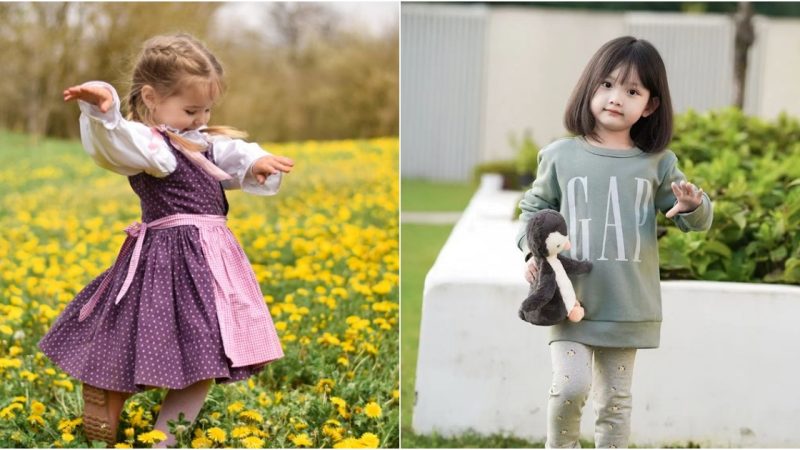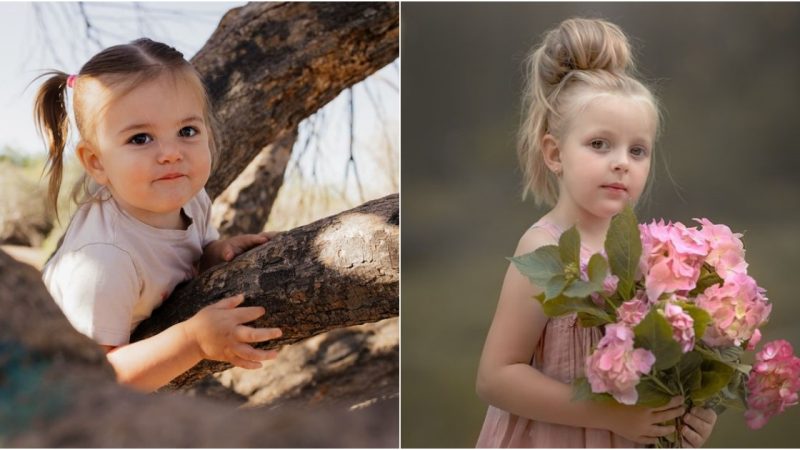Exploring the Fascinating World of Triplets: Rare Occurrences and Intriguing Insights
Welcoming a bundle of joy into the world is an unparalleled experience, and that feeling becomes even more incredible when you’re blessed with not just one, but two or even three bundles of joy. Throughout history, human society has held a fascination with triplets, giving rise to intriguing theories about these multiple births. The Romans, for instance, considered multiple births a blessing, although gender equality wasn’t their strong suit.
Triplets have always held a special place in cultural imagination, but the scientific marvel behind these multiple births is even more astonishing. A recent remarkable story highlighted a woman named Judith Minda who not only gave birth to triplets but was also a triplet herself. She shared her joy and the unique bond she experienced with her own siblings. While the likelihood of a triplet having triplets is incredibly rare, recent research suggests that the hereditary aspect of having fraternal twins might play a role in such occurrences.
Here are some fascinating insights into the world of triplets:
1. They’re More Rare Than You Think (Unless You Use Fertility Treatments)
Looking at statistics, having triplets is a relatively lucky occurrence. In 2015, only 0.1% of mothers gave birth to triplets out of all total births. Comparatively, twin births were significantly more common. The prevalence of triplets is higher in areas with dense fertility clinics due to the increased use of medical-assisted conception and in vitro fertilization (IVF) treatments, which significantly elevate the chances of having triplets.
2. Fraternal Triplets are “Trizygotic”:
Twin pregnancies are either identical (resulting from one fertilized egg splitting) or fraternal (resulting from separate eggs fertilized by different sperm). Similarly, triplets can be identical or, intriguingly, trizygotic. This means three separate eggs fertilized by different sperm. Unlike identical triplets, who share nearly identical DNA, trizygotic triplets are genetically as distinct as any other siblings.
3. Surprising Parenting Benefits:
While raising triplets undoubtedly presents challenges, there are unique advantages. Parents have noted that having children of the same age makes communication and managing developmental stages easier. This aspect can be particularly beneficial when addressing tricky topics like Santa Claus.
4. Identical Triplets Share Astounding Similarities, Even When Separated:
An extraordinary case involved triplets separated at birth, each adopted by different families. By chance, they reunited at age 19, astonishingly resembling each other and sharing remarkable behavioral and preference similarities. This heartwarming story is also tinged with tragedy.
5. Bonding Before Birth:
In interviews with Cosmopolitan, pregnant women expecting triplets revealed their ability to identify and distinguish each triplet’s movements within the womb. They sensed individual kicks and even discerned their locations, forming an early connection with each unborn child.
In conclusion, the world of triplets is filled with wonder, rare occurrences, and unique connections. Whether guided by science or luck, the journey of raising triplets is an adventure that comes with its own set of challenges and rewards, enriching the lives of both parents and children in ways that are truly remarkable.
Hits: 7





